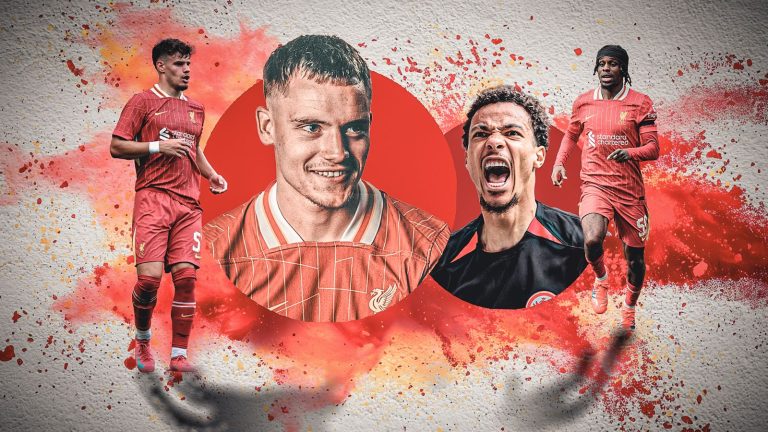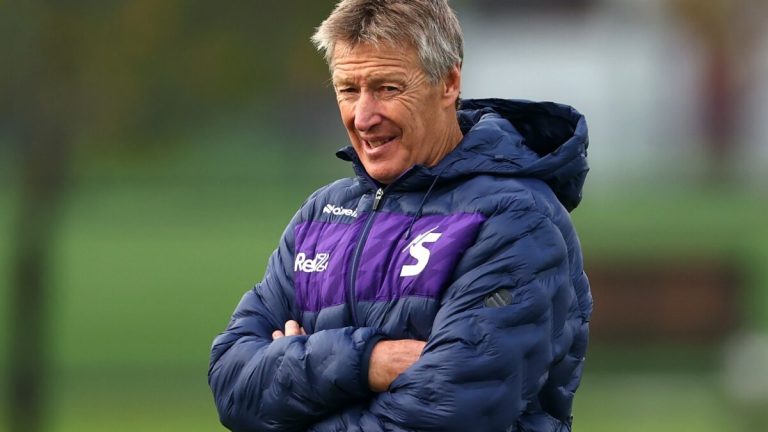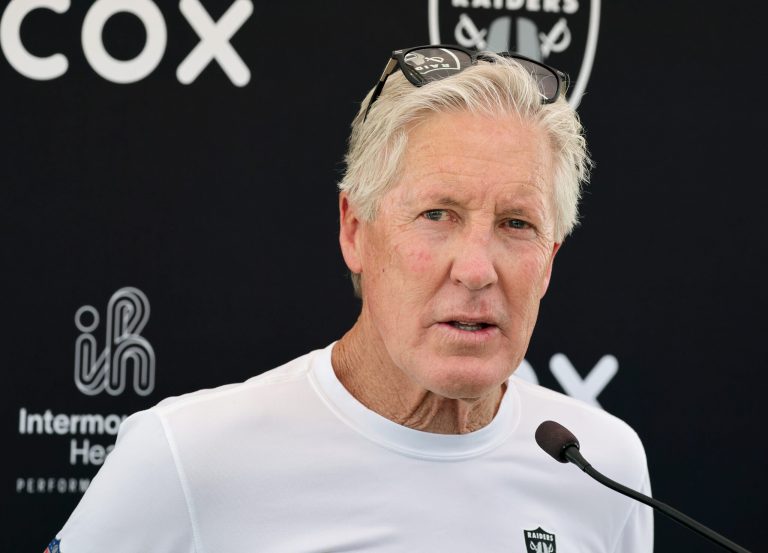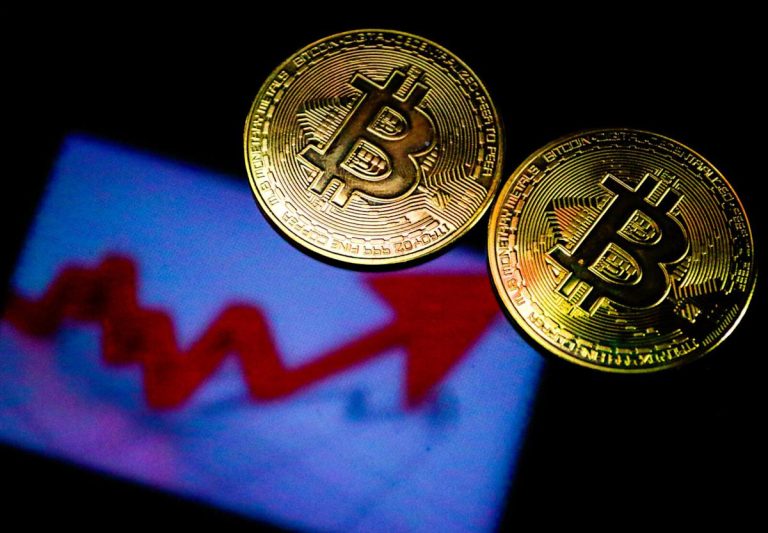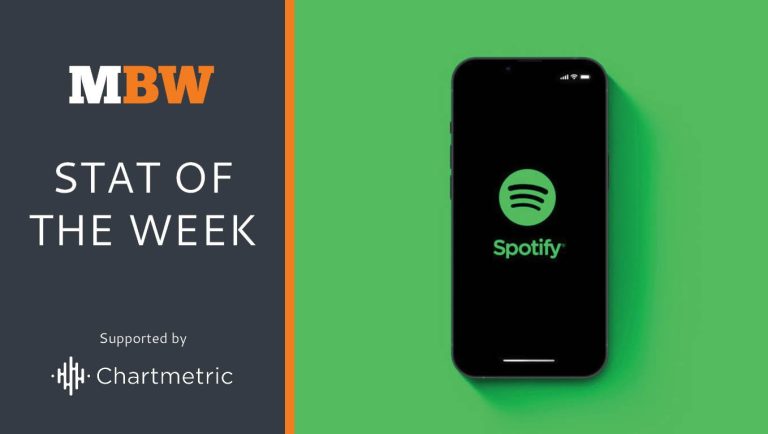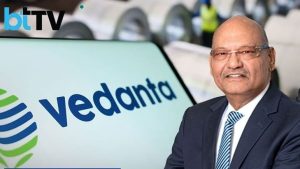Alpine’s collapse isn’t just a bad run of form – it’s F1’s most fascinating implosion in years.
From boardroom battles to billionaire buy-ins, legacy figures crawling back into power, and shady stakeholders, the team once touted as Renault’s grand rebirth is crumbling in real time. But behind the headlines lies a deeper question: what does all this say about F1 today?
Let’s rewind.
In the space of only 12 months, Alpine has cycled through CEOs, lost key technical staff, failed to retain its driver talent, and now finds itself embroiled in a scandal rivalling Crashgate. What at first appeared to be little more than an intra-team spat and some poor driver management has spiralled into a full-blown identity crisis – one that lays bare the cracks in modern F1. In a time when the sport is expanding rapidly into new markets, working with billion-dollar brands, and rewriting its future through sustainability promises, Alpine represents the flipside – what happens when vision, values, and execution don’t align.

Jack Doohan. (Photo by Michael Potts/BSR Agency/Getty Images)
The elephant in the room has for some time been the drivers. Jack Doohan’s disappointing performances left little doubt about Franco Colapinto’s imminent return, but many have condemned the decision as unjust and unnecessary. Colapinto, who signed on as Alpine’s reserve driver in January, entered the team with an unparalleled fan base and clear backing from Alpine’s high-ups — most notably disgraced former boss Flavio Briatore.
Unfortunately for both Doohan and ex-TP Oliver Oakes, Briatore’s management system remains as it was decades ago: independent, dominant, and eternally ruthless — condemning the rookie to the sidelines once more. Not only was this move devastating for Doohan, but the promise of a “rotating seat” undermines any and all faith in the team — both for Colapinto and his fans — as names like Mick Schumacher begin to resurface. When a contract doesn’t equal a seat, trust in a team crumbles — and that’s exactly what we’re seeing with Alpine.
The other element to Alpine’s collapse is far more subtle, yet far more sinister. Originally, Oliver Oakes’ shock resignation was attributed to disagreements within the team over Doohan and Colapinto. However, the team denied this, claiming that the reason for Oakes’ departure was of a ‘personal’ nature. In fact, soon after Oakes announced his resignation, it was revealed that his younger brother, William Oakes, had been charged with ‘transferring criminal property’ after being found in ‘possession of a large amount of cash’. While William remains in custody, Oliver is understood to have flown to Dubai, but his whereabouts are unknown.
While Oliver has not been accused of any wrongdoing at present, going MIA at this time certainly leaves a bitter taste in one’s mouth. The Oakes brothers have for a long time led Hitech Grand Prix — an influential junior motorsport team that fielded drivers such as Liam Lawson, Isack Hadjar, Paul Aron and, most notably, Nikita Mazepin. Mazepin’s appointment to the team in 2016 saw Uralkali – the Russian fertiliser company headed by his oligarch father Dmitry – sponsor Hitech, and Mazepin Sr. take a partial ownership stake in the team.
Quickly, Hitech became closely affiliated with the Mazepin family, and thus Russian president Vladimir Putin. Mazepin Sr. gradually increased his ownership of the team to 75%, but upon the invasion of Ukraine by Russia, relinquished his holdings to Oliver Oakes. Theoretically speaking, with Nikita out of a seat and Dmitry without a stake, the Mazepins should have disappeared from the picture entirely.
But in Formula 1, ghosts rarely stay buried. Mazepin Sr. showed his face in the paddock once more early this year, paying Oakes a ‘personal visit’ during preseason testing in Bahrain. Mazepin Jr’s EU sanction was officially overturned in March of last year, and he continues to compete in the Middle East Trophy series. Now, the Oakes brothers are under scrutiny for this series of events seeming to cement their ties to the Russian oligarchy. Whatever the truth, the shadow they cast now stretches uncomfortably close to Alpine.
And what of the Enstone team? Riddled with controversy and now helmed once more by Flavio Briatore, Alpine finds itself clinging to the very forces it sought to evolve beyond. The Italian may have entered as an advisor, but in typical fashion, it didn’t take long for influence to morph into authority. As de facto team principal, Briatore has already made a major change to the driver lineup, and more shake-ups are almost certain. The Italian may have entered as an advisor, but in typical fashion, it didn’t take long for influence to morph into authority. Briatore’s return isn’t a masterstroke – it’s a warning shot. His old-school ruthlessness might have worked in a different era, but in today’s F1, it reads less like leadership, and more like a last-ditch power grab. If Alpine was already in freefall, Flavio may well be the one cutting the parachute.

